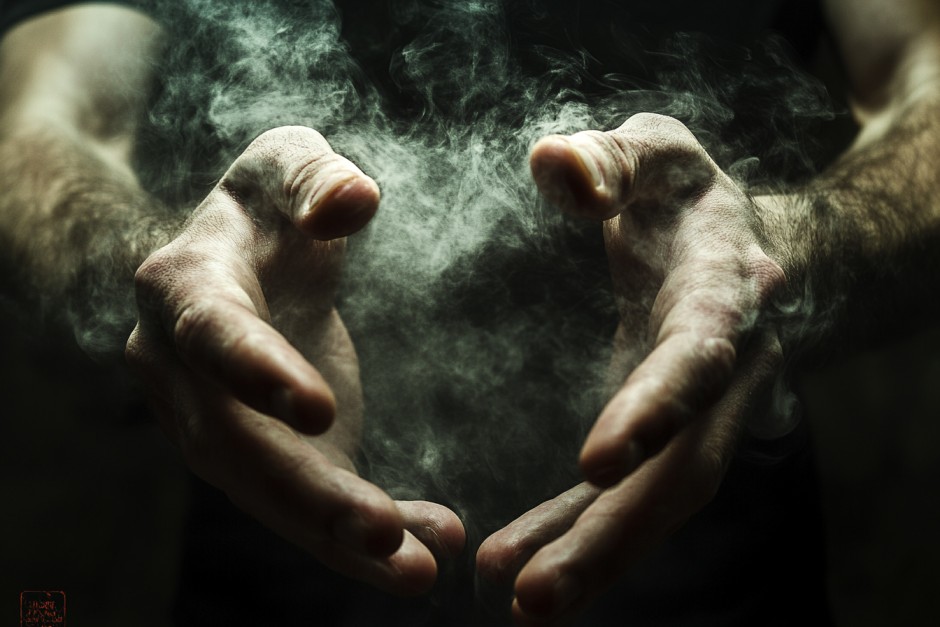Some law firms will advertise online that their criminal defense practice is limited to so-called “white collar crime” while others, like Cook Attorneys, include “white collar crime” in a list of many areas of criminal law in which we regularly work.
Here in this article, our local criminal defense attorneys will briefly help you understand what is meant by the term “white collar crime.”
BLUE COLLAR VS WHITE COLLAR TERMS
The terms “white collar” and “blue collar” originated in the early 1900s as a generalization for job categories of the U.S. workforce.
“White collar” referred to the white dress shirts typically worn by professionals or office workers, whereas its counterpoint, “blue collar,” referred to individuals employed as manual laborers.
The term “blue collar” described the blue uniforms commonly worn by industrial and manual laborers; blue denim shirts and overalls helped to conceal dirt or grease stains from the workplace.
These terms also implied socio-economic differences. It was once assumed that “white collar” workers were more highly educated or more affluent than “blue collar” workers.
These stereotypes are no longer accurate in our modern economy; low-paid office workers comprise a large percentage of the U.S. workforce, and highly skilled and compensated manual laborers are vital to countless industries.
However, the terms “white collar” and “blue collar” are still commonly used in many situations, including in the use of the term “white collar crime.”
BLUE COLLAR CRIME
Sometimes known as “street crimes,” blue collar crimes generally involve violence, sexual activities, and/or drugs. Generally, the stereotype is that blue collar crimes are committed by people in a lower economic class, and are powered by necessity and emotion/passion.
The blue collar crimes definition can sometimes be hard to tell apart from white collar crimes, especially in mafia circles, but some standard blue collar charges are:
- Arson
- Assault
- Burglary/shoplifting
- Destruction of property
- Drug crimes
- Manslaughter
- Murder
- Prostitution
- Retail fraud
- Sex crimes
Most of these crimes are ones that police can see someone committing or have blatant evidence that someone committed, resulting in an arrest. They are not usually uncovered with some large, hidden scheme by detectives.
WHITE COLLAR CRIME
“White collar crime” is not a term you will find in the criminal code or elsewhere formally defined in the law. Rather, it is a designation in everyday English for financially-motivated, pre-planned, non-violent crimes.
Referring back to the previously-mentioned white collar vs blue collar stereotypes of office workers versus manual laborers, we think of white collar crimes as tending to have been committed by professionals, often in the course of financial dealings, or a business enterprise.
A white collar crime can be either a felony or a misdemeanor.
Here are a few white collar crime examples :
- Computer fraud
- Conspiracy
- Corporate fraud
- Credit card fraud
- Embezzlement
- Forgery
- Identity Theft
- Money laundering
- Racketeering (RICO)
- Securities fraud
- Tax evasion
- Wire fraud
Crimes like these, of course, can be committed by individuals of all socio-economic statuses, education levels, and working backgrounds, but we hear them called “white collar crimes” when they are committed by professionals, politicians, or businesses.
And it is in that context that we turn to the investigation of white collar crimes.
THE INVESTIGATION OF WHITE COLLAR CRIMES
One feature of most white collar criminal activity is that it normally requires extensive investigation to discover and to prove beyond a reasonable doubt. Additionally, white collar crimes require extensive investigation to defend.
White collar crimes in Virginia may be investigated by detectives in a local police department, at least initially; but many such investigations are referred to the Bureau of Criminal Investigation of the Virginia State Police.
White collar investigations often include voluminous and technical documentation which most local police departments are not sufficiently staffed to handle, or require specialized training in fields such as accounting or banking, for example, which local police detectives do not have.
At the federal level, white collar investigations are often conducted by the FBI, the Securities and Exchange Commission (SEC), the National Association of Securities Dealers (NASD), and other appropriate federal agencies.
Once a white collar investigation is underway, the target of the investigation should consult with a criminal defense attorney as soon as possible.
The defense needs to investigate the accusation just as much (or more) than law enforcement does, because although a criminal defendant is not legally required to prove anything at trial, a thorough investigation is often required to mount an effective defense to the accusation of a white collar crime.
Lawyers who advertise that they regularly defend white collar criminal cases are signaling that they are prepared and able to commit the resources to the investigation and defense of such cases.
The fee the lawyer quotes will often include funds to pay expenses for experts such as forensic accountants or other expert witnesses. Most white collar crime lawyers cannot or are not willing to commit those resources, and you should not accept their representation in your case. Look for a lawyer like the ones at Cook Attorneys who will use all the resources they can to build your case.
When interviewing potential white collar crime lawyers at the outset of such cases, clients should discuss with the attorney the attorney’s experience with investigating and defending white collar crimes. Importantly, clients should also discuss the attorney’s experience with defending crimes generally; some lawyers who normally practice only civil law try their hand in white collar cases with disastrous outcomes.
While many of the financial and documentary issues may look like those in a civil case, the world of criminal defense is quite different and full of pitfalls to an attorney who does not regularly practice criminal law or who does not normally work in a particular jurisdiction.
ENSURE THE BEST POSSIBLE OUTCOME FOR YOUR CASE
Our attorneys in Harrisonburg, VA bring decades of experience to our clients facing criminal charges, including white collar crimes. If you’re searching for effective white collar crime attorneys in western Virginia, we encourage you to contact us for a free criminal case consultation. Fill out the form below to request more information about how we can serve you.
We look forward to hearing from you!










